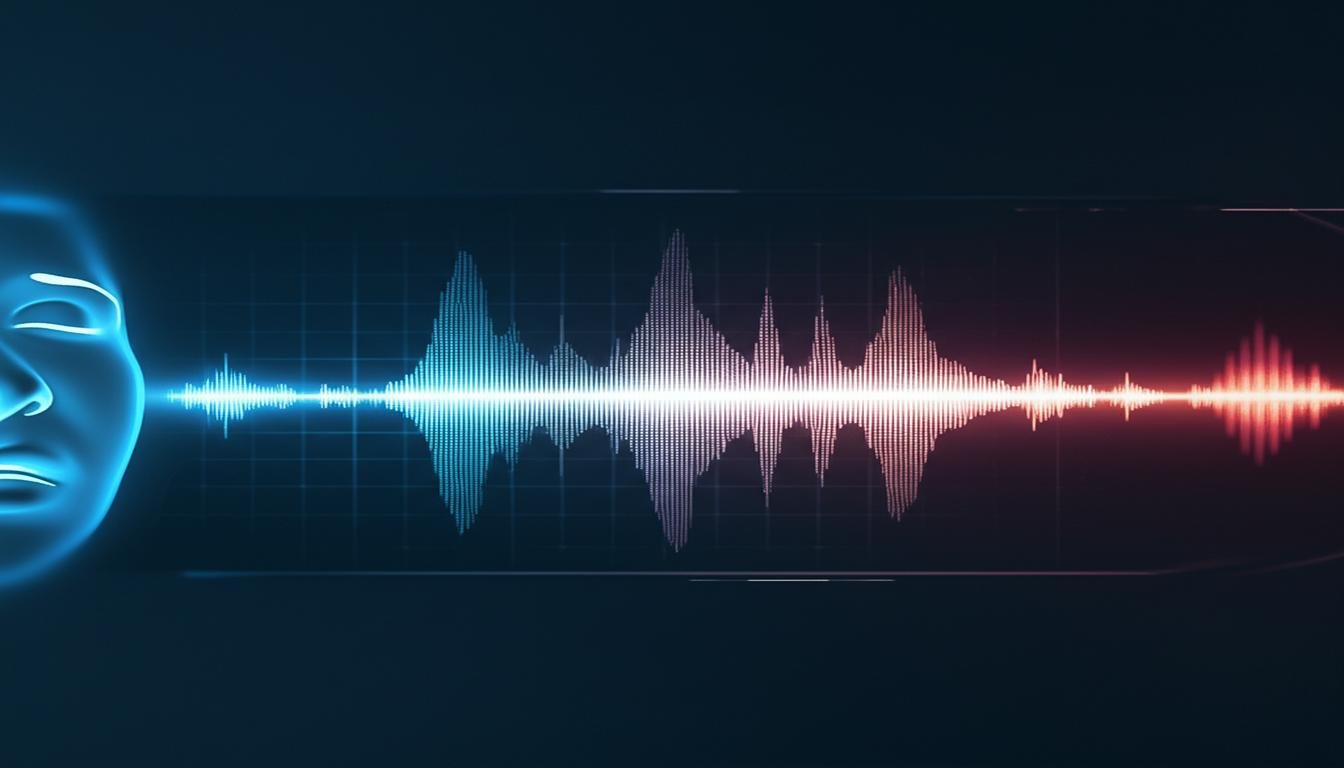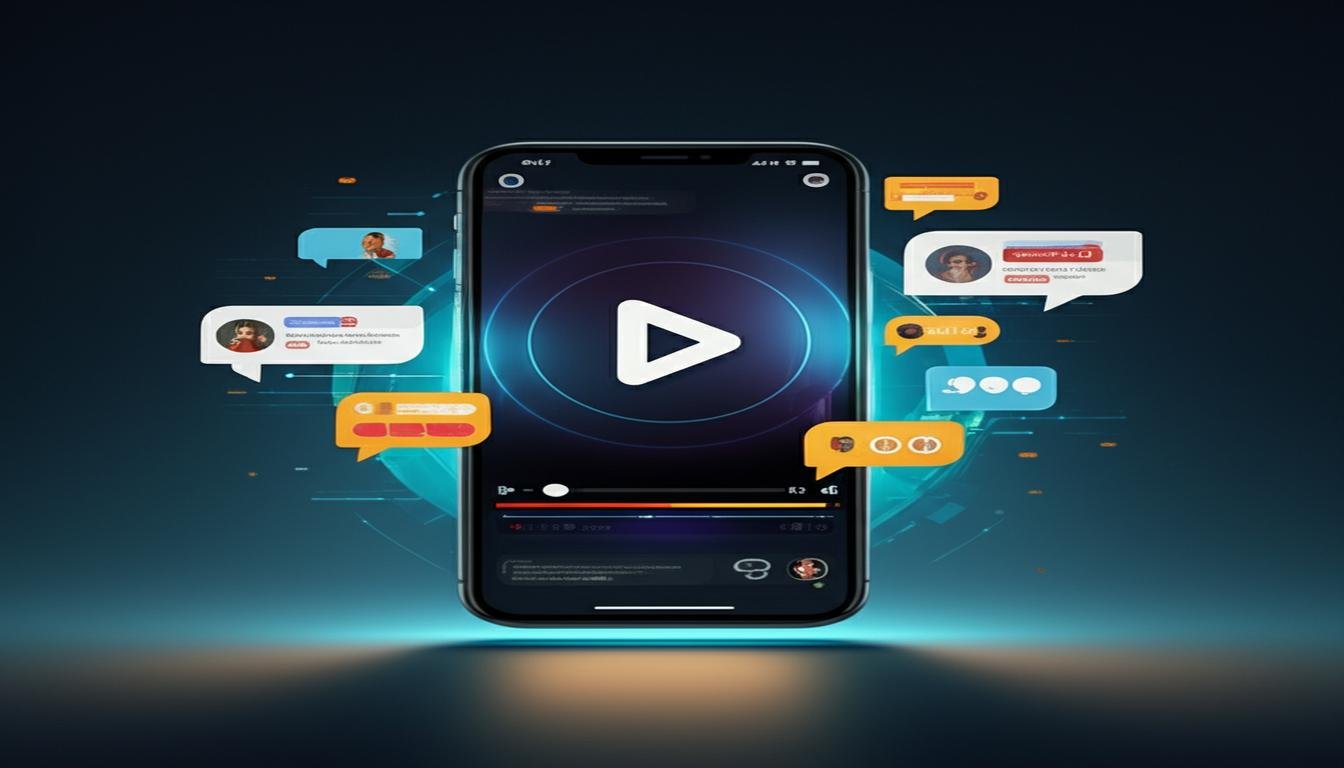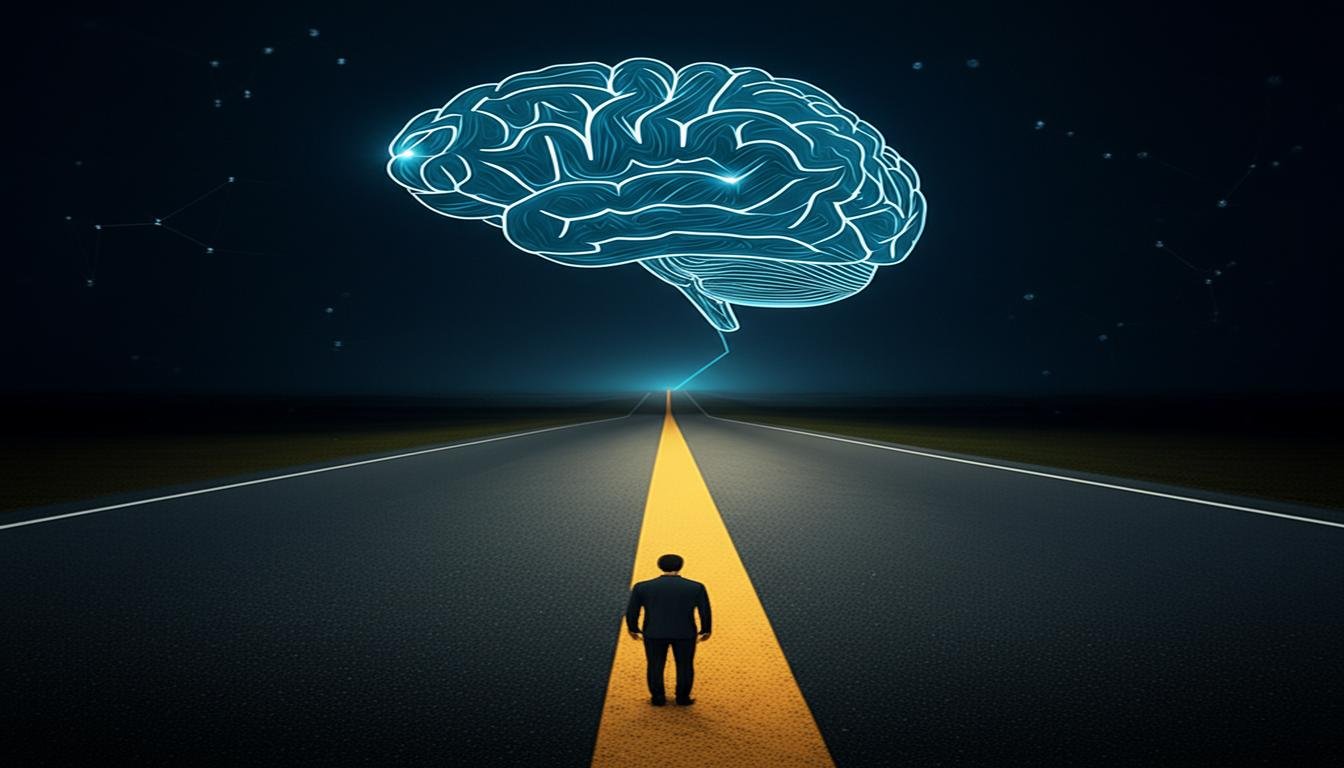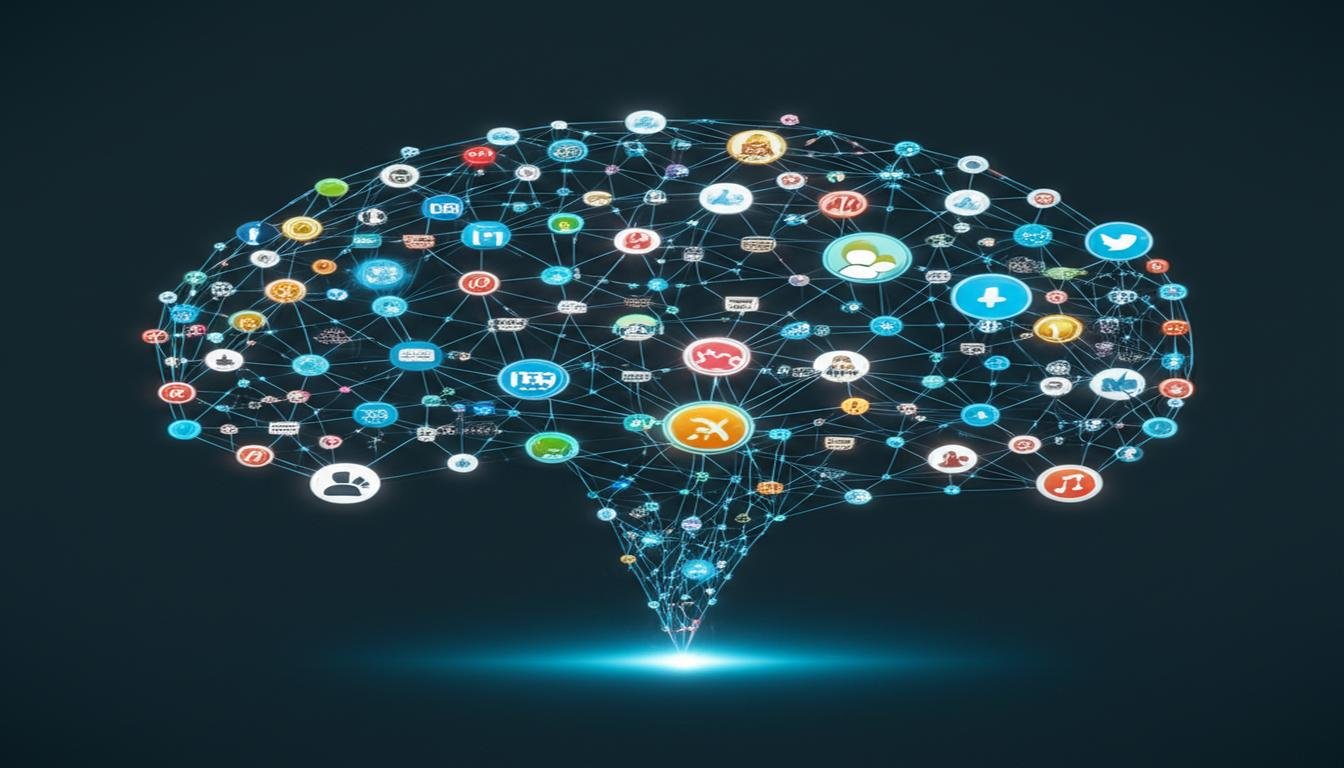Why AI Could Be the End of School As We Know It
Remember those long hours spent in classrooms, trying to memorize facts for a test, or sitting through lectures that felt totally irrelevant? For generations, school has largely operated on the same model: a teacher delivers information, students absorb it (or try to), and then they’re tested on their recall. But what if a revolutionary technology is about to flip that entire script? We’re talking about Artificial Intelligence, and it’s not just changing industries; it could fundamentally transform, or even dismantle, the traditional school system.
It sounds dramatic, sure. But hear us out. AI isn’t just a fancy tool; it’s a game-changer with the power to make traditional methods seem, well, a little outdated.
The Traditional Model: Is It Still Working?
Let’s be honest, for many students, the current schooling system can feel like a one-size-fits-all approach. You have 30 kids in a room, all learning at different paces, with varying interests and strengths, yet they’re all taught the exact same way. This often leads to boredom for some and frustration for others. We’re still largely prioritizing rote memorization over genuine understanding or real-world problem-solving. This is where AI steps in, exposing the cracks in the old foundation.
How AI Changes the Game for Students
Imagine a learning experience built entirely around you. That’s the AI promise.
- Personalized Learning Paths: Forget the one-size-fits-all. AI tutors can adapt to a student’s individual learning style, pace, and knowledge gaps. If you’re struggling with algebra, AI can provide extra practice and explanations until you get it. If you’re a whiz at history, it can challenge you with advanced concepts or connect you with resources that deepen your understanding. This isn’t just about tutoring; it’s about crafting a unique educational journey for every single learner.
- Beyond Memorization: Focusing on Real Skills: With AI handling the heavy lifting of information recall and basic instruction, the focus shifts dramatically. Students will be freed up to concentrate on what truly matters for their future: critical thinking, creativity, complex problem-solving, collaboration, and emotional intelligence. Imagine project-based learning becoming the norm, with AI assisting in research and feedback, allowing students to genuinely create and innovate.
- Learning Anytime, Anywhere: The walls of the classroom become less relevant. AI-powered platforms mean learning can happen 24/7, from a student’s bedroom, a library, or even a coffee shop. This flexibility could be huge for students with diverse needs or those in remote areas, democratizing access to quality education like never before.
The Teacher’s Evolving Role
This isn’t about AI replacing teachers. Instead, it’s about refining their incredibly important role. Teachers could move from being primarily information deliverers to facilitators, mentors, and guides. Imagine the time saved when AI handles grading routine assignments, creating differentiated lesson plans, or even identifying students who are struggling. This frees up educators to focus on:
- Providing emotional support and guidance.
- Fostering critical thinking and discussion.
- Designing engaging, hands-on projects.
- Mentoring students in developing essential life skills.
It’s a shift from teaching “what to think” to teaching “how to think.”
Rethinking Grades and Assessment
If AI is tailoring learning, then the old system of standardized tests and periodic report cards starts to look clunky. AI can provide continuous, real-time feedback, showing students exactly where they excel and where they need improvement. Assessments could become less about a single score on a test and more about demonstrating mastery through projects, portfolios, and practical applications. This means a more authentic, less stressful evaluation process that truly reflects a student’s capabilities.
What Does This Mean for “School Buildings”?
If learning can happen anywhere, do we still need massive school buildings? Perhaps not in the same way. Future “schools” might become dynamic learning hubs or community centers – places where students come for collaborative projects, specialized workshops, mentorship, social interaction, and access to advanced tools or labs. The shift could be towards hybrid models, combining personalized online learning with in-person experiences designed for collaboration and deeper engagement.
The Road Ahead: Adaptation, Not Abandonment
Ultimately, AI isn’t just another tech gadget for the classroom; it’s a catalyst for a fundamental rethink of what “school” even means. The traditional model, while familiar, struggles to prepare students for a rapidly changing world. AI offers a pathway to a more personalized, efficient, and relevant education that focuses on skills for the future, not just facts from the past.
This transformation won’t happen overnight, and it will require significant thought, investment, and adaptation from educators, policymakers, and parents. But one thing is clear: the future of learning will look vastly different from the school most of us remember. It’s an exciting, albeit challenging, prospect that promises to unlock human potential in ways we’ve only just begun to imagine. Are we ready to embrace this revolution?









